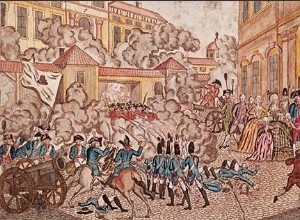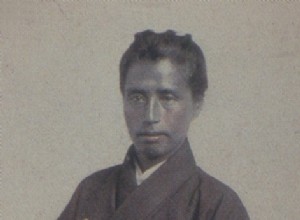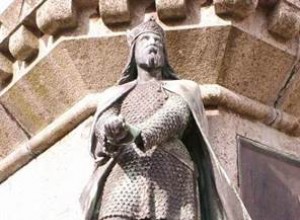August 10, 1792 is a great insurrectional day of the French Revolution during which Parisians stormed the Tuileries Palace and ended the constitutional monarchy. It originated in a manifesto by the Duke of Brunswick, head of the Prussian army, which promised the revolutionaries terrible reprisals if




